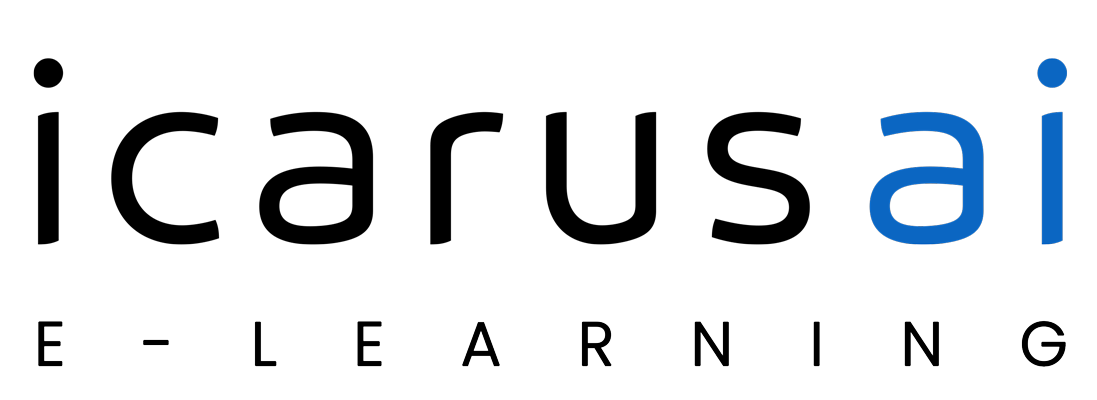The world stands at a crossroads. As AI reshapes industries and redefines the future of work, we face a profound paradox: while AI promises a future of unprecedented productivity and economic growth, it also threatens to widen global inequalities and leave millions behind.
The path we choose now will determine whether this technological revolution creates a shared prosperity or a new chasm of disparity. At the heart of this choice lies education—not as a passive benefit, but as the active, strategic engine of global well-being.
As a leader in education and a partner in the UN’s mission, I see this challenge not as a threat, but as our greatest opportunity. The key to unlocking AI’s full economic potential is through a radical evolution of how we learn.
From a Local Fix to a Global Solution
For decades, the global conversation around education has been rooted in the urgent need for basic access. Today, the challenge is more complex. It’s about moving beyond simple access to provide education that is:
- Adaptive and Relevant: An AI-driven world demands skills that are constantly evolving. Our education systems must be agile, personalizing learning paths to equip every individual with the competencies they need.
- Multilingual and Inclusive: The digital divide is a language divide. To ensure a truly global, interconnected economy, we must build learning systems that break down linguistic barriers and make knowledge universally accessible.
- Ethical and Human-Centric: As AI automates tasks, it elevates the value of uniquely human skills: critical thinking, creativity, and ethical reasoning. Education must cultivate not just intelligence, but character.
This strategic evolution of education is a direct and powerful investment in our future. It directly addresses the UN’s SDG 4: Quality Education and, in doing so, becomes the master key to unlocking a ripple effect of progress.
The Tangible Impact: A Trillion-Dollar Opportunity
The economic impact of this shift is staggering. By empowering people with the right skills, we don’t just solve a social problem—we fuel the global economy.
- A World Bank study shows that when countries strategically invest in their people, they unlock the wealth of nations and create a virtuous cycle of growth.
- Statistics from the OECD highlight a direct link between educational attainment and national productivity, with each additional year of schooling correlating with higher GDP growth.
We have a clear mandate: to use AI not to replace human potential, but to amplify it. This is the new frontier, and education is our guide.
Nektar Baziotis 🌿 CEO of ICARUS AI: “We’ve spent generations building the roads to the schoolhouse. Now, with AI, we can build the schools themselves, making them adaptive, multilingual, and available to every mind on earth. This is the strategic imperative for our time: to use technology to not just connect the unconnected, but to empower the uneducated. That is how we ensure a better living and a more sustainable future for all.”
What do you believe is the most critical next step for leaders at UNGA to take to truly transform global education with AI?

